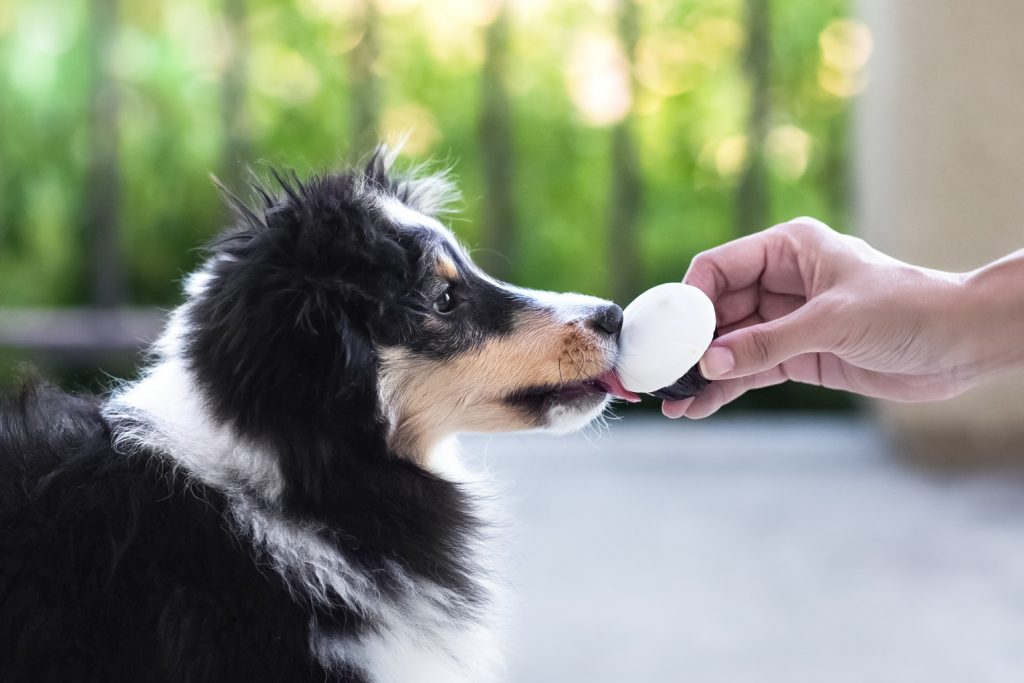
By now, pet owners are well aware that chocolate is bad for pets. The dangers of allowing pets to consume xylitol (a sugar substitute) is also becoming more widely known – and for good reason. Xylitol, which is commonly found in sugar-free candy, baked goods, gum, and other products, can lead to a life-threatening drop in blood sugar and kidney failure in dogs.
Sugar is in practically everything we eat, but the popularity of low-carb and keto diets has led many people to seek out sugar alternatives. Sugar alcohols, like erythritol and plant-based sweeteners such as stevia, have exploded onto the market, and they can be purchased almost anywhere.
Here at West Park Animal Hospital, we’re always on the lookout for potential new pet toxins, and considering artificial sweeteners and pets is an important part of our ongoing research.
The Facts About Artificial Sweeteners and Pets
Artificial sweeteners are food additives that provide a sweet taste but without the excess calories of sugar. We’ve broken down the most common artificial sweeteners on the market and their effects on pets:
- Erythritol – This sugar alcohol is industrially produced, and its versatility makes it a popular choice for followers of low-carb and keto diets. Studies have found erythritol is safe for dogs.
- Aspartame – Aspartame is 200 times sweeter than sugar, so it can be used in much smaller amounts. Products containing aspartame can cause mild gastrointestinal discomfort in pets.
- Sucralose – Sold under the brand name Splenda, sucralose holds up well in baked goods, and it can be found in diet beverages and other items. It’s not toxic to pets, but there is evidence that overconsumption can lead to gastrointestinal upset.
- Stevia – Stevia is a popular sugar substitute produced from the leaves of the South American plant stevia rebaudiana. Studies have not found stevia to be toxic to dogs, but eating too much may cause diarrhea.
- Monk fruit sweetener – Monk fruit, also known as lo han guo, is a small, round fruit grown in southeast Asia. The fruit’s extract has 150-200 times the sweetness of sugar without the calories, making it a popular choice for those seeking a natural alternative to sugar. The monk fruit plant is not toxic to pets.
- Saccharine – Saccharine is the primary ingredient in Sweet‘N Low and is mainly found in diet drinks, drink mixes, salad dressings, and canned fruits labeled “light.” Although this ingredient isn’t toxic to pets, gastrointestinal upset can occur.
The Bottom Line
Although sugar substitutes are relatively safe for pets (with the obvious exception of xylitol), artificially sweetened foods have no place in a pet’s diet. It’s best to provide your companion with a high-quality, age appropriate pet food along with an occasional healthy treat, such as plain cooked veggies or (pet-friendly) fresh fruit.
If you have additional questions regarding artificial sweeteners and pets, please don’t hesitate to contact our staff.
The post Artificial Sweeteners and Pets appeared first on West Park Animal Hospital Blog.

